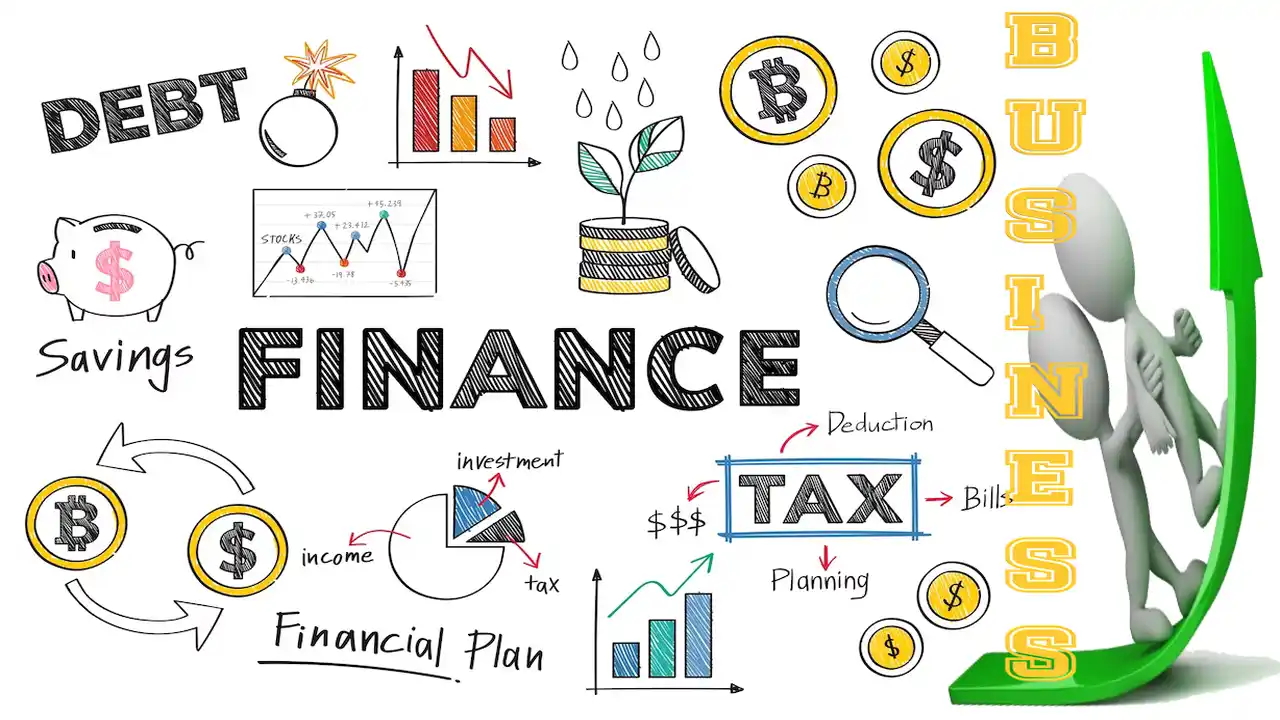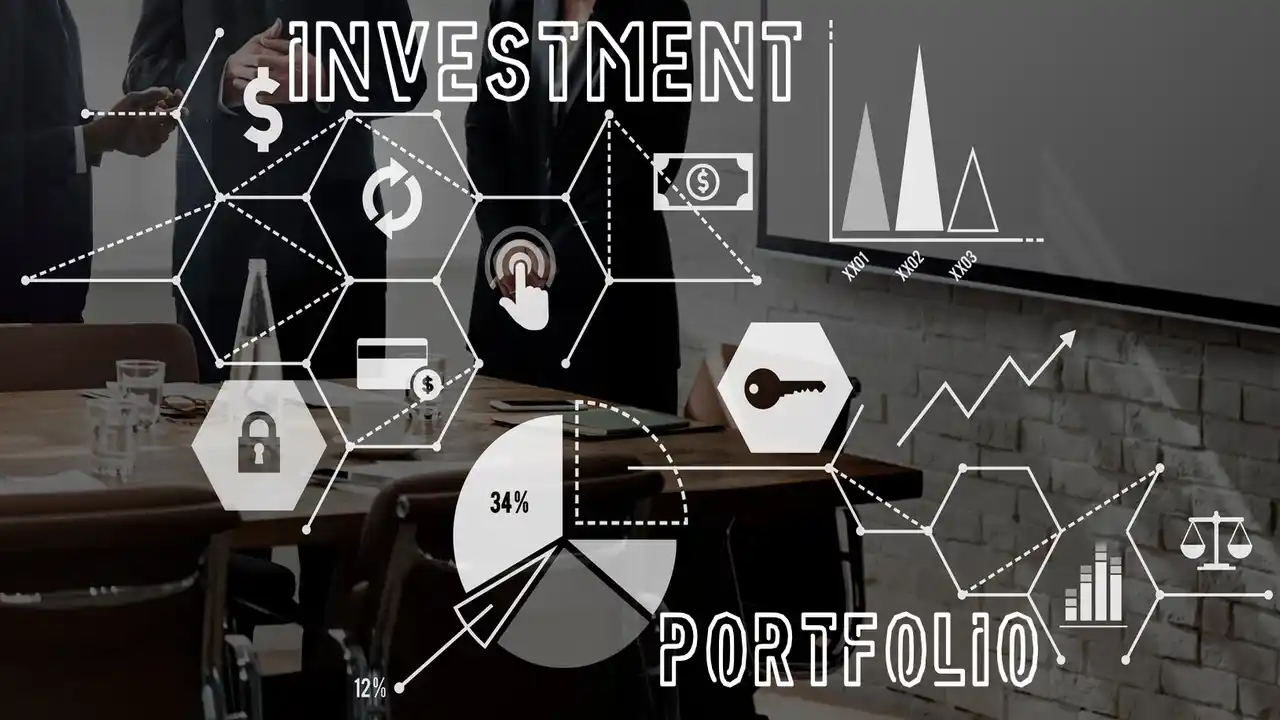It follows that some portion of the generation after us should reap the rewards. These eight points are extremely important for each high school senior to understand when it comes to money. If you follow these financial tips, you may live the life of your dreams and take advantage of the extra time your savings and investments have to grow. Continue reading to become an expert in how to manage personal finances and learn everything you can about it.
Factors such as income, expenditure, lifestyle, and financial goals take precedence. Make a plan to meet those needs while staying inside your budget. A solid grasp of money matters also require. With its help, you can tell good advice from bad and make prudent financial choices. For a comprehensive guide to low investment business ideas, check out this post from our website.
How to Manage Personal Finances
It could be challenging to convince young people to incorporate financial planning into their routines. They offer to help people organize their finances, but most people have no idea what to do or where to begin. In order to keep one’s finances in order, everyone should stick to these ten rules. To serve your research and educational needs, here is a list of how to manage personal finances.
Choose wisely
The first thing to do when dealing with money is to unwind. Invest in the right insurance policy. If you need help estimating your retirement needs, a financial planner can be of great assistance. Think about whether it’s best to keep, pay off, or cancel your investment-linked insurance. If you’re covered by this insurance, you should definitely do this.
Restrict Spending
Staying inside your budget this year is something you committed to last year. If your outgoings exceed your incomings, you will never succeed. The amount of money you make is irrelevant. Saving money is easier said than done, but it’s certainly doable if you make an effort to reduce spending in multiple places. Sometimes, you may accomplish your goal without making major changes.
Follow Budget
Are you familiar with the 50/30/20 rule? What does that mean? To help you organize your finances, the money rule provides a basic guideline to follow. Divide your net income as follows: 50% for needs, 30% for wants, and 20% for savings. Things like bills that need paying and other basic essentials are examples of needs. Everything from groceries to takaful (a savings plan), electricity, phone, rent/mortgage, and more must be paid for using this sum. It may be time to scale back if your outgoings are more than half of your income. Consider downsizing your home, buying a cheaper car, switching to a cheaper phone plan, and shopping at a cheaper food store to save money.
Anything a person does not absolutely require consider a “wants” item. You could think of anything as an example, such as expensive lunches, Netflix subscriptions, designer labels for fragrances, state-of-the-art technology, and so forth. Some of these items may be purchases that you adore, but they may not significantly enhance your life. If you’ve been overspending, you might want to consider cutting back on your wants in order to save money. Verify that it doesn’t go beyond 30% of your net income.not included;
Buy Insurance
No one around you, including yourself, would ever have to deal with the “hospital blues” if this happened. Along with your wife and child, you should definitely get health insurance for your parents. Tax savings will be the outcome of this. If you are a parent, these are the best ways to express your feelings for your child.
Assess Finances
Do you have a significant financial stake in any particular products? A bank account should close if it is no longer needed. Get started by consolidating all of your stock holdings into one Demat account. Take a moment to sign out of any other accounts you may have. Eliminating multiple credit cards might help you save time. How can someone who isn’t financially savvy begin to build an emergency fund? And what exactly is an emergency fund anyway?
Notate Everything
It is imperative that precise records maintain this year. Many important documents, such as your insurance policies and tax records, require your careful examination. Keep track of all your tax-advantaged assets in one place. Separate folders should use for storing other investments. This is another way to manage personal finances.
Tech Beginnings
Get your invoices and payments sent to your inbox by signing up. The two most common ways to use auto-debit strategies are with a credit card or a bank account. The best alternative for paying bills is online.There are times when a financial planner might double as a personal trainer for your money. Talk to someone about what you need financially and how you can get out of your current jam without being embarrassed.
Debt Reduction
Knowing how to handle debt is essential, yet it’s inevitable that people will incur debt at some point. Do not delay in eliminating the high-interest loan. To pay off a higher-interest debt, some people are prepared to take out a loan with a lower interest rate.
Invest, Save
Establishing a mutual fund manager, PPF account, and Systematic Investment Plan (SIP) should be a priority for individuals in their twenties. Initiate a systematic investment plan (SIP) to save for retirement when you are in your thirties. It goes without saying that the tax benefits and drawbacks of each of these schemes are different. Talk to a financial planner before putting your money into anything.
Envelope Method
An “envelope system” can be useful for monitoring spending habits. Housing, food, transportation, clothing, entertainment, hygiene products, and so on should all have their own designated envelopes. When a new month begins, be sure to deposit the funds from the previous month’s budget into the corresponding boxes. Use the funds from the bag to pay your bills when they’re due.
Debt-free Life
The coronavirus pandemic has exacerbated the financial problems of the 8.3 million Britons who were already in debt, claims the money advising firm. Step Change is one of several free resources that might help you get out of debt. They can advise you on how to make necessary adjustments to your spending and saving habits, help you file for debt relief (if applicable), and create a budget to get you back on track financially. This is good way to manage personal finances.
Evaluate Finances
Why have so many financial relationships for items that are essentially the same? Get rid of any bank accounts you aren’t using at the moment. Consolidate all of your stock holdings into one Demat account and close any unused ones. Eliminating a pile of credit cards will be a breeze.
Spend Wisely
Spending more than you have and neglecting your financial responsibilities becomes much easier when you convince yourself that your bank account is in good shape after payday. On the flip side, individuals often borrow money, accumulate debt, and live beyond their means for various reasons. Transitioning to the next point, one can gain valuable insights, such as money management skills, by emulating their parents’ mistakes. Consequently, if both parents exhibit wasteful spending habits, there is a high likelihood that their offspring will follow suit.
Without a financial planIf you wish to maintain financial discipline and prevent money problems in the future, creating a spending plan is crucial. We shall delve more into budgeting in the paragraphs that follow. A widespread misunderstanding is that a budget is always necessary. The saying goes something like, “failure to prepare, prepare to fail.” When dealing with substantial sums of money, this is especially crucial to keep in mind. “Live in the present moment.” is a great motto to keep in mind. If you want to be sure you won’t run out of money or be unprepared for anything tomorrow, the best thing to do is to make sure you have enough money and plan ahead.not included;
Establish Fund
Another resource for budgeting and personal finance found that 22 percent of British individuals have savings of less than £100. The consequences of significant changes in their income, like job loss or unforeseen expenses, might feel in this way. Therefore, to stay out of trouble when money gets tight, it’s crucial to have an emergency fund. If you want to be prepared for major expenses or fluctuations in your income, you should save three to four times your monthly paycheck. We have written a blog post outlining the process of building a respectable emergency fund to help you get started.not included;
List Finances
You should start by taking stock of your financial situation. Think back to when your financial condition was different and see how things stack up now. If you still have any outstanding debts, obligations, or responsibilities as of today, write them down. To keep such promises, how much money do you make? To simplify your life, would you like to cut back on some of your spending?
Please verify that you have sufficient credit to incur additional debt if you want to do so by checking your credit score. An online credit score provider or a government-run website offering free credit reports should be able to provide you with this information.
FAQ
Is it Prudent to just Let your Money Sit in a Bank Account?
There are several compelling reasons to keep idle cash in the bank. One significant factor is the imperative to remain adaptable and prepared for unforeseen financial challenges. For instance, if your wheels were to break off on the way home tonight, you wouldn’t have the means to cover the repairs. In an ideal scenario where everything is perfect, that would be your sole expense.
Is it Wise to Keep all my Funds in One Bank Account?
The prevailing consensus is that it is safest and most profitable to have all of your money in one bank account. On the other hand, in the event of the bank’s collapse, you can lose some of your money if your account balances are higher than the maximum amount that the FDIC would not cover. The risk of losing a larger portion of your wealth due to fraud increases if you keep all of your money in one location.
For Money Matters, what is the Cardinal Rule?
According to the Golden Rule, the government ought to exclusively incur loans for investment purposes across economic cycles. Consequently, borrowing funds to cover immediate expenses is not advisable. If the government chooses to borrow, it is advisable to allocate the funds solely to projects that, on average, aid future generations in addressing economic challenges.
Final Words
Another scenario is when a financial advisor doubles as a fitness instructor. Do not be shy about asking for help if you are unsure of how to handle your own money, whether it’s paying bills or fixing an issue. Moreover, to enhance financial management, consider implementing the “envelope system” to segregate your funds. Additionally, numerous expenses, such as those for lodging, meals, transportation, apparel, entertainment, and personal hygiene, may arise. Periodically verify that the designated amounts are allocated correctly within each envelope. Subsequently, remove the respective payables when opening the envelope. This guide elucidates effective strategies for personal finance management, aiming to equip you with valuable insights. I trust it has furnished you with practical knowledge. In conclusion, the topic of how to manage personal finances is complex and has a huge impact on many people.






